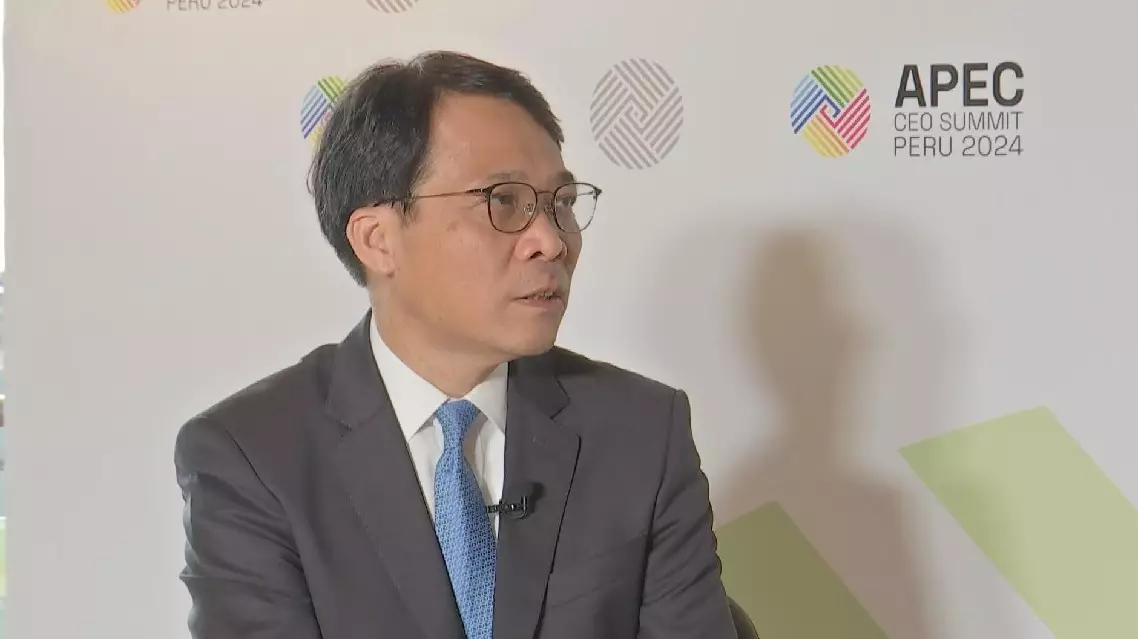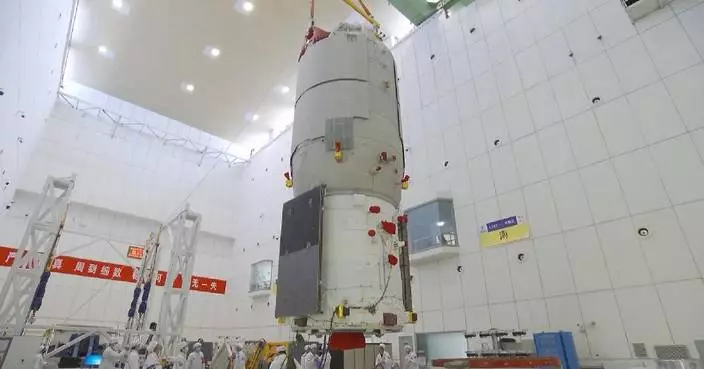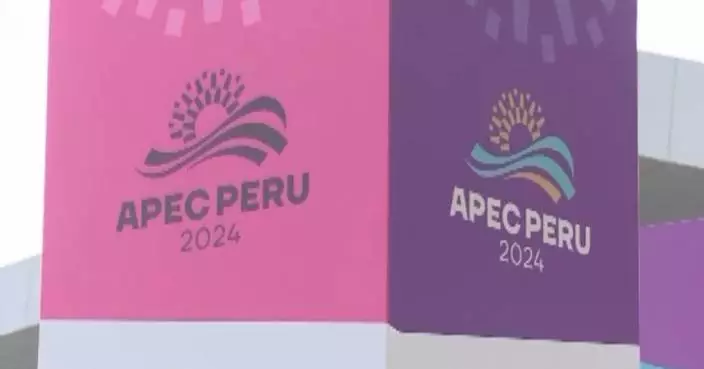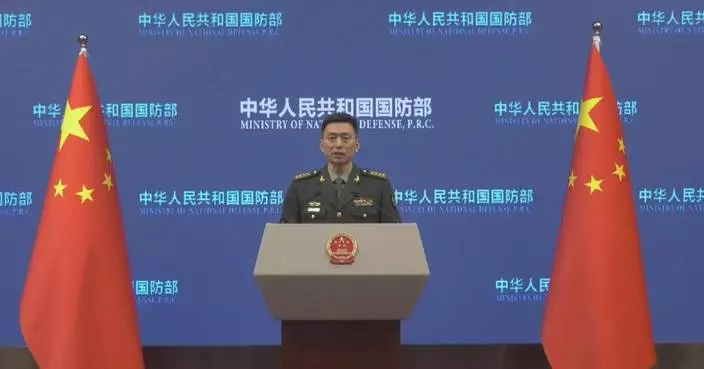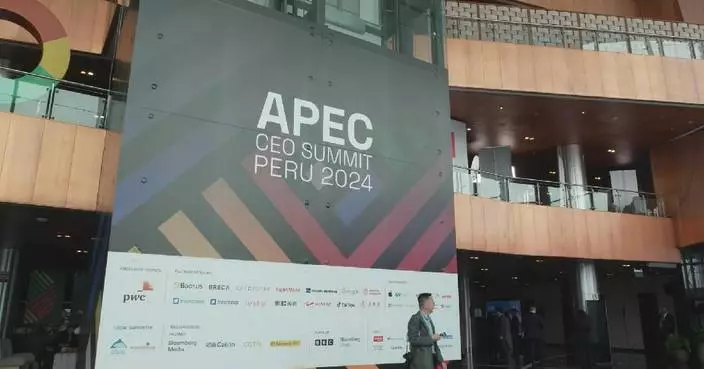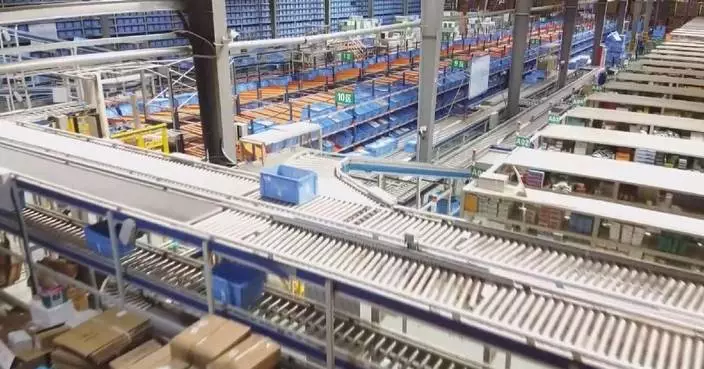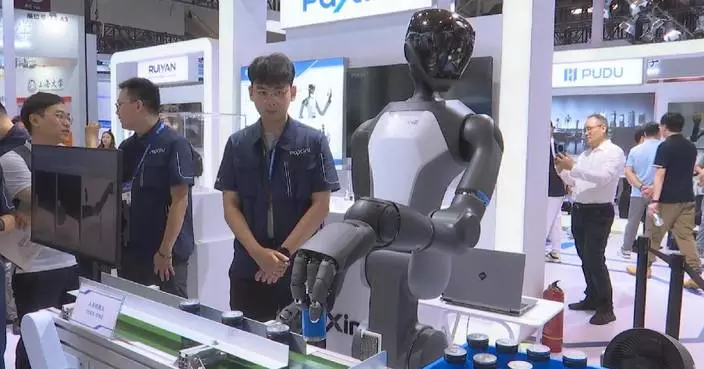Digital technology and artificial intelligence (AI) are driving significant change in the economic lives of everyday Peruvians, from how they make payments to the crops they choose to grow, said a member of the APEC Business Advisory Council (ABAC).
The 31st APEC Economic Leaders' Meeting is being held on Friday and Saturday in Lima, Peru, under the theme "Empower, Include, Grow", gathering heads of state and other dignitaries from 21 member economies across the Asia-Pacific region, including China, the United States, and other major economies in Southeast Asia.
ABAC is the sole non-governmental entity that has an official role in the APEC Economic Leaders' Meeting through a formal dialogue. Its members met on Monday for the fourth and final meeting of the year.
In an interview with China Global Television Network (CGTN) during the APEC Summit, Jan De Silva, Canada's representative to ABAC, discussed the positive impact of digitalization, particularly AI platforms, in improving the lives of the millions of Peruvians who work or trade under informal arrangements.
"Our theme this year was 'people, business, prosperity,' so it's trying to bring that people and workforce development to the things that we're working on. I think the important thing about the theme this year for Peru was they were very focused on informality. There's a very large informal economy here in Peru. It's 59 percent of GDP. So we had done some work to take a look at how the digital economy and this rapid digitalization we saw after the pandemic was influencing informality. And we found some very promising examples of how AI, how e-payment systems, how some of the digital platforms are really lifting people out of the cycle of poverty that informality has created," the advisor said.
Among the examples that ABAC examined, De Silva noted a case in which Peruvian farmers were able to lift their incomes thanks to the enhanced communicative power that AI has provided.
"I think the most important breakthrough with AI is this language base that's coming with ChatGPT and others. So a lot of the informal economy is in the agricultural segment. Most of the population here have phones and you can use tools like ChatGPT and others to be able to efficiently translate and give them instructions on how to potentially upgrade the quality of crops that they've got or the category of crops. We saw some really good examples where informal agricultural basins created a co-op (and) worked with a buyer in Italy. The buyer in Italy had recommended that they put another plant in their agricultural fields, and as a result they were able to triple their revenues because it was a much higher value crop. And it was all done through this platform with instructions delivered in their language," she said.
The business advisor acknowledged concerns about AI's impact on the economy, but maintained the positive impacts are becoming increasingly apparent.
"I would say twelve months ago that's all we were reading about is the loss of jobs. I think now there is a stronger sentiment that it's an opportunity. And the example I gave with the agricultural community being one such example, we are spending a lot of time defining how jobs will be enabled by AI and there'll be new categories of jobs that emerge," De Silva said.
"You've got the creators, which are the computer scientists, but we're going to have the users, and these are the ones that are going to be working in situations where AI is enabling their workflow. So we're very excited about the potential for this to create higher value jobs and also the potential of AI in these digitally enabled platforms to help more of our small and medium-sized businesses access global growth markets," she added.
Established in 1989, APEC has grown into one of the world's largest multilateral trade bodies. Initially composed of 12 members, including the United States, Australia, Japan, and Malaysia, APEC welcomed China in 1991, followed by Peru, Russia, and Vietnam in 1998.
Bringing together around 20,000 participants, including heads of state and dignitaries from 21 member economies across Asia, the Pacific, North America, and South America, APEC aims to foster sustainable economic growth and prosperity in the region.
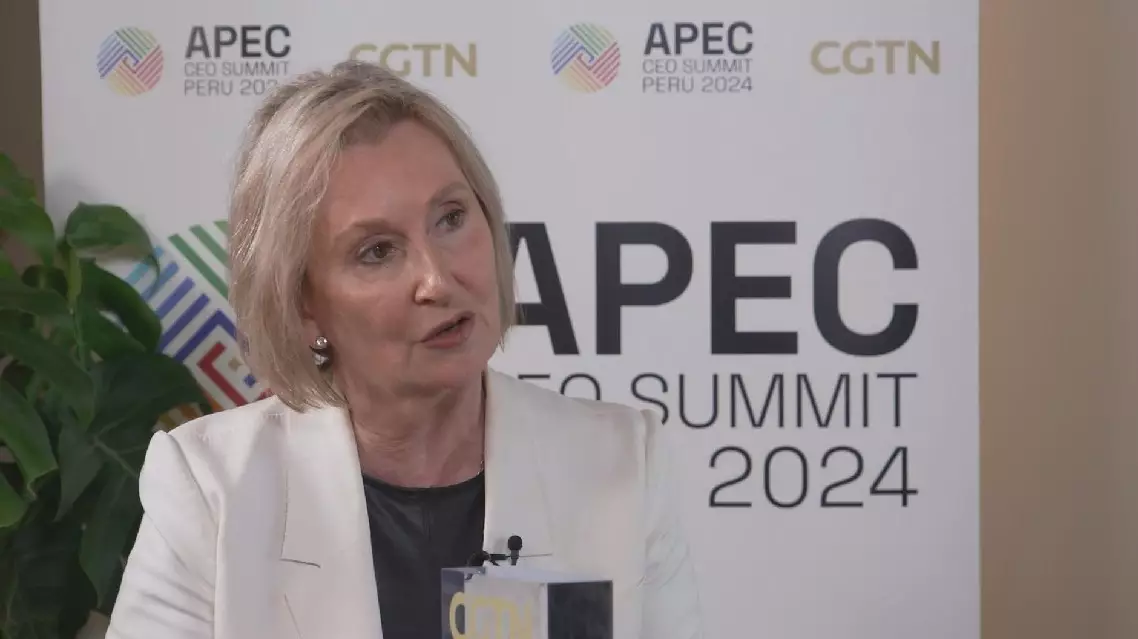
Digitalization, AI fuel transformation in Peru's informal economy: APEC business advisor


